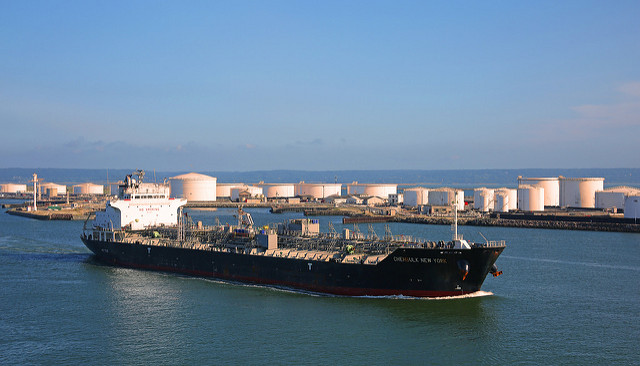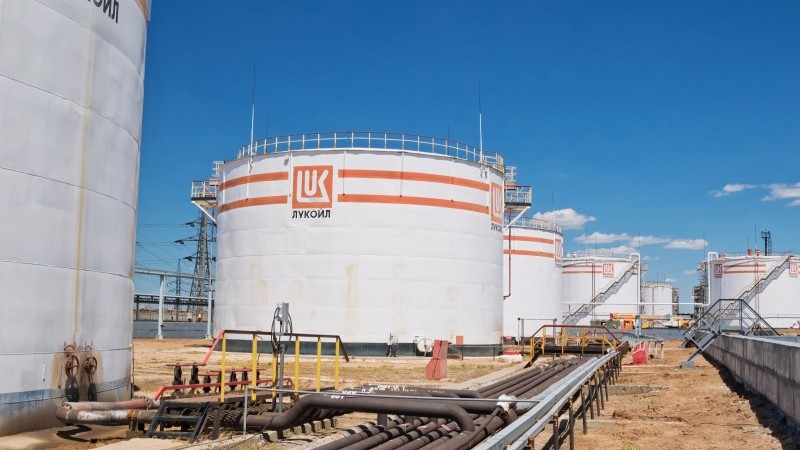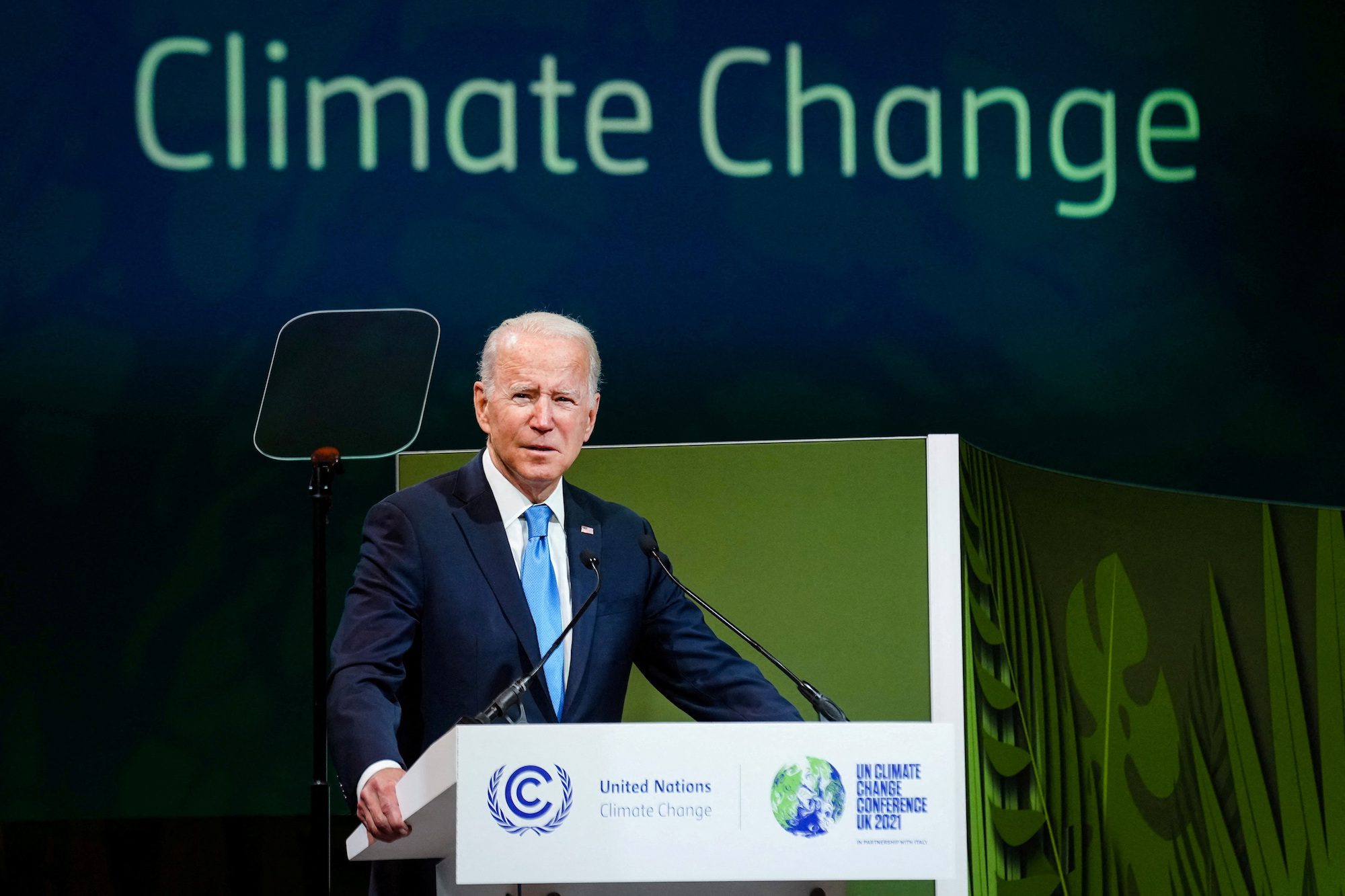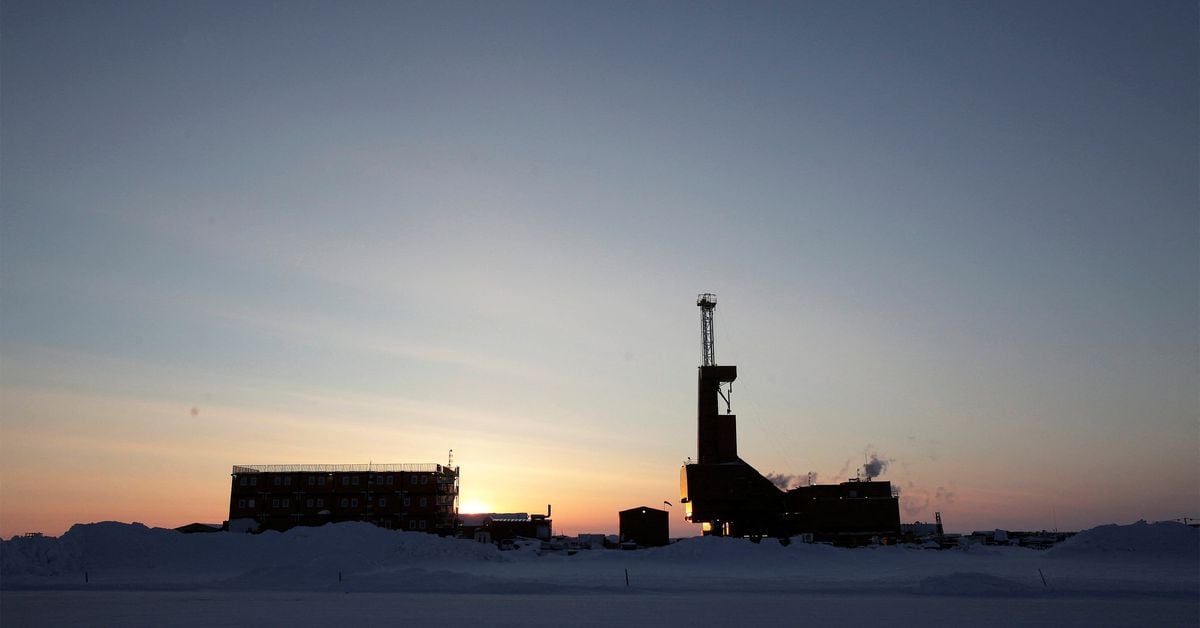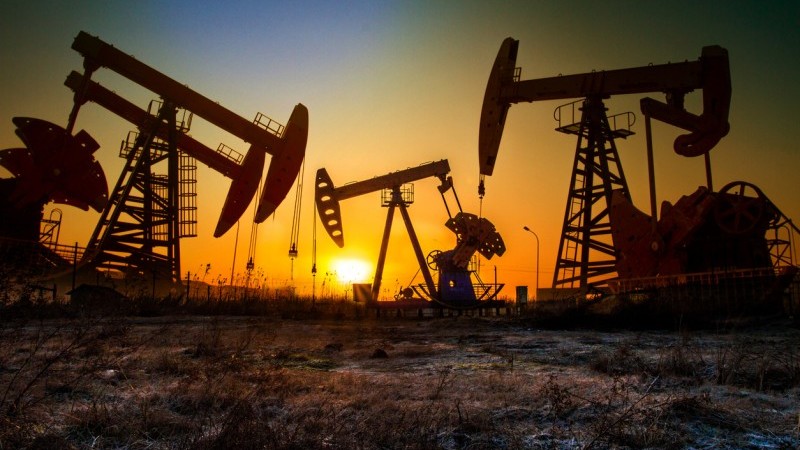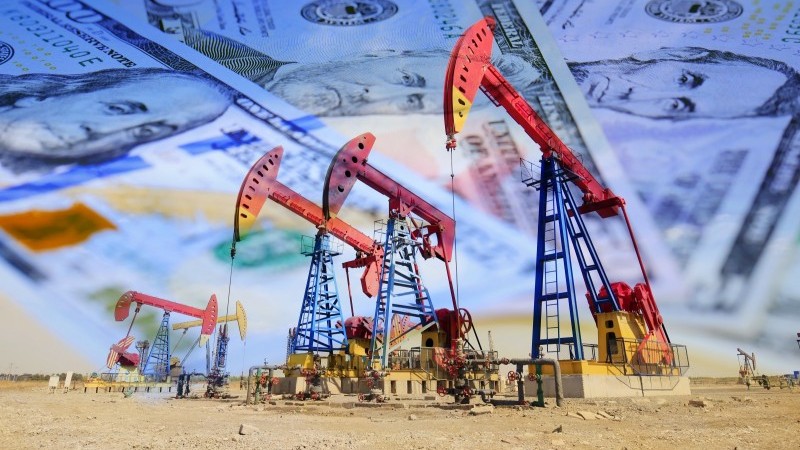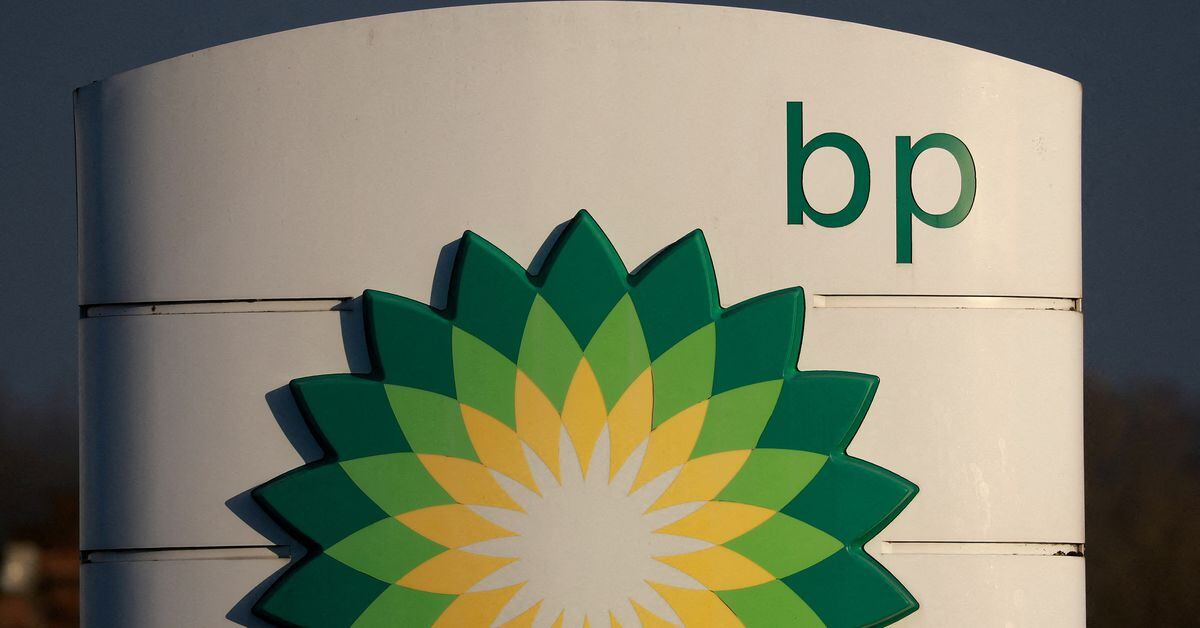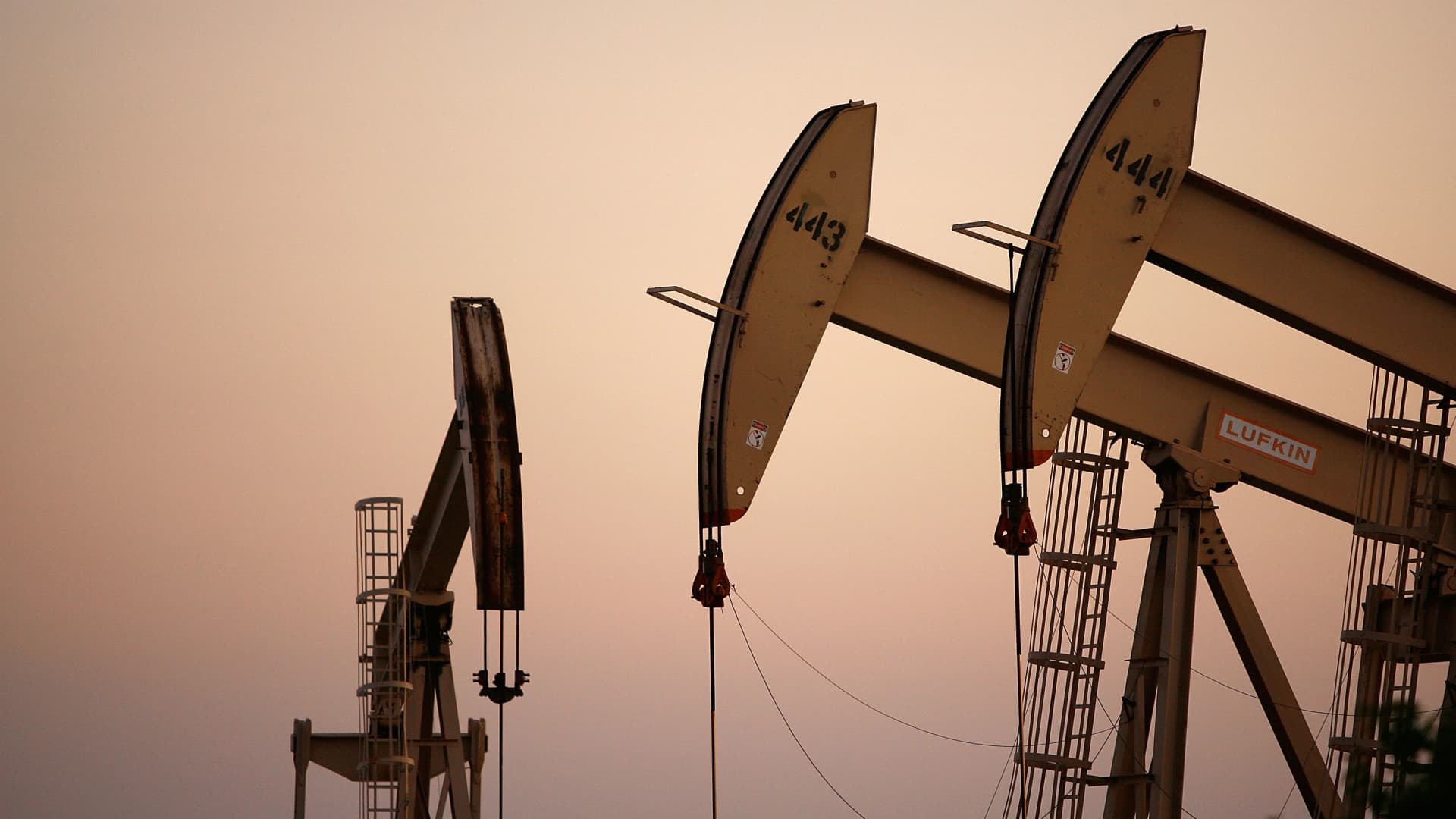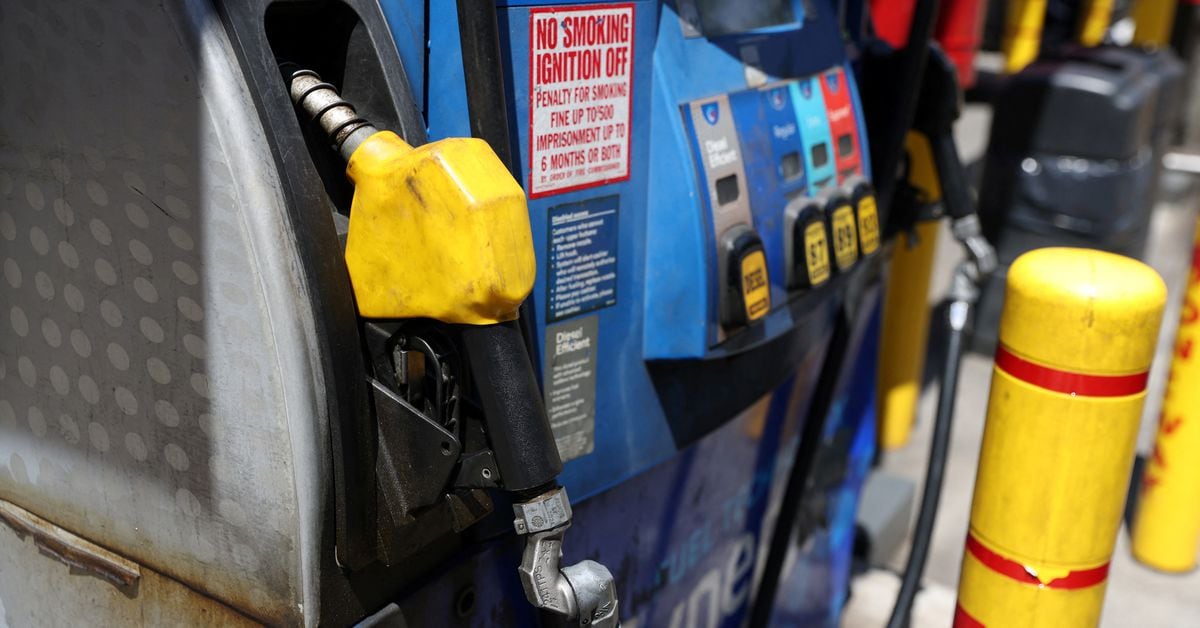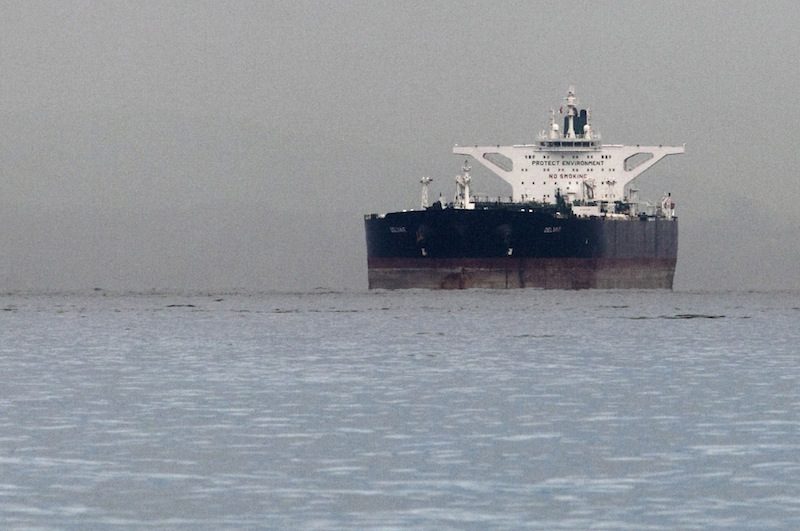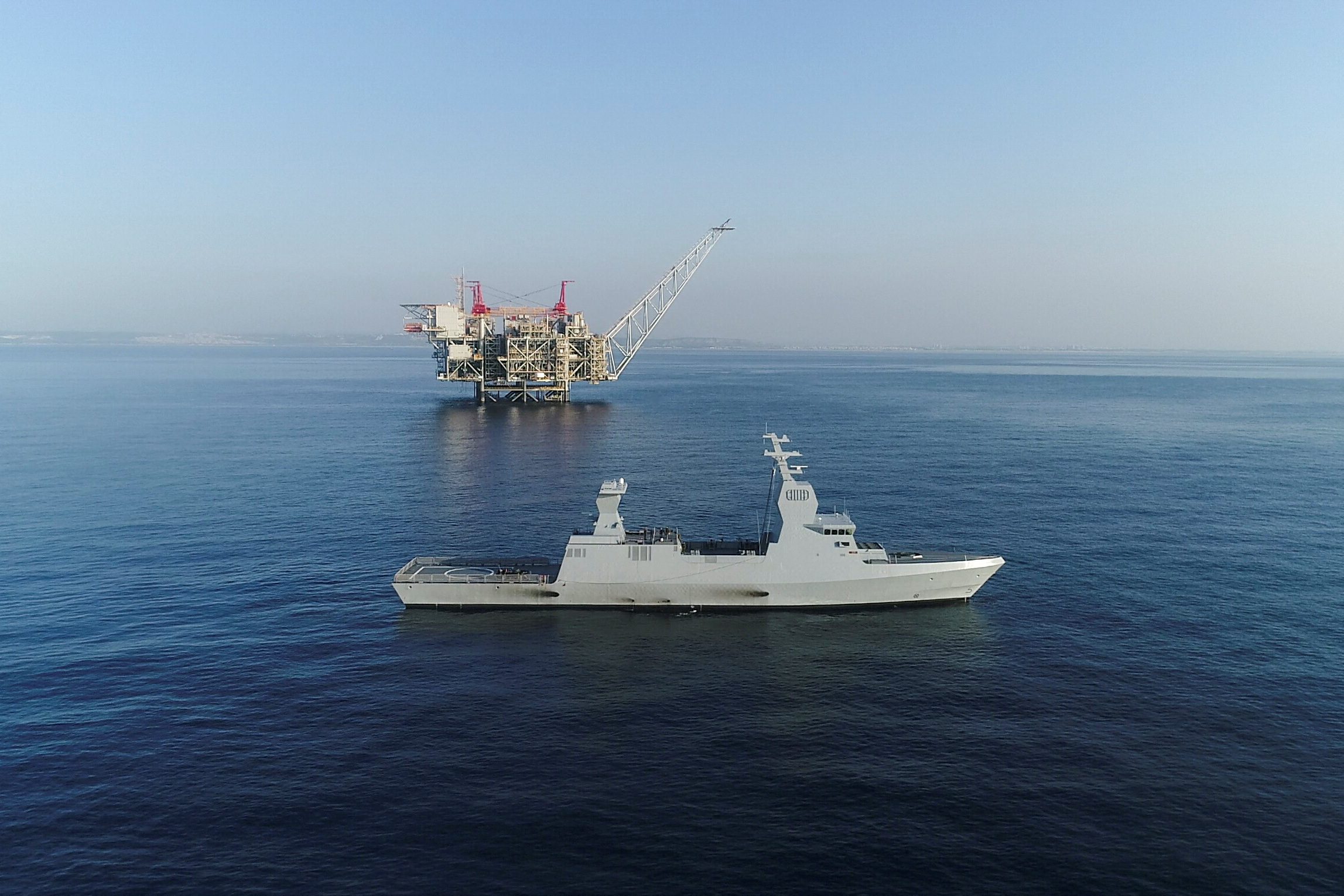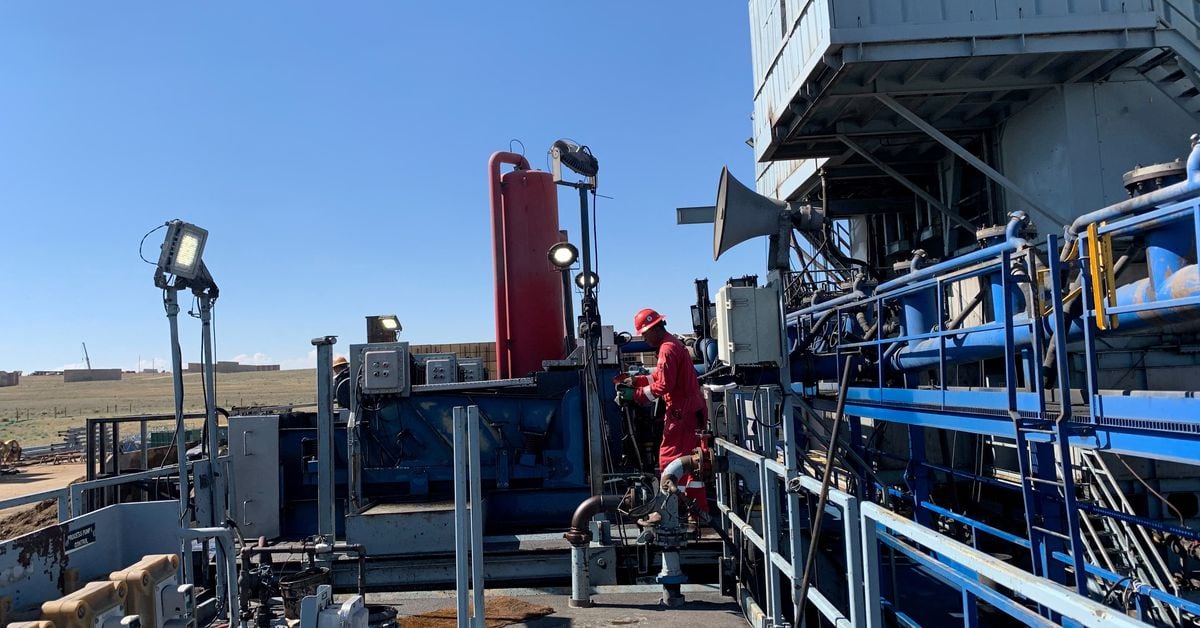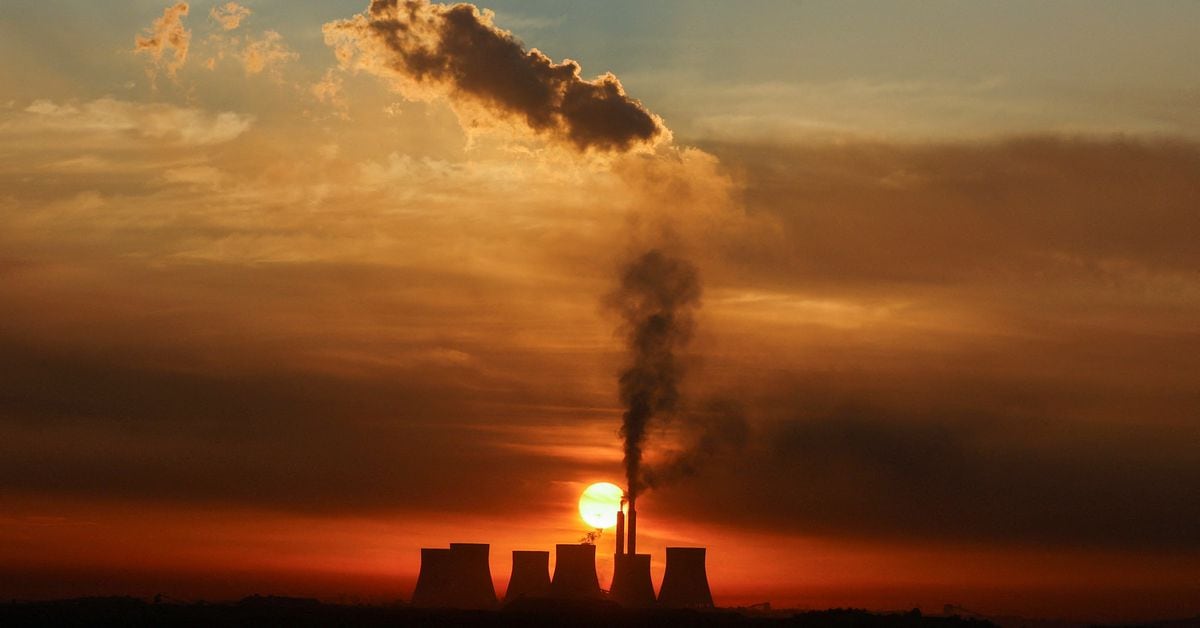Diesel prices at the pump have fallen to their lowest in over a year. That’s good news for consumers, but the decline in prices for the fuel suggests a gloomy outlook when it comes to the U.S. economy.
“Diesel fuel is ubiquitous in our economy,” says Brian Milne, product manager, editor, and analyst at DTN. It’s a “critical component in industrial production and…supply-chain dynamics.”
Weaker demand, however, has led to lower diesel prices. U.S. government data show diesel demand in the first 10 weeks of this year down 12.6% from the comparable period in 2022, says Milne, with the steep drop in demand due to slowing growth in parts of the economy, especially for heavy industry and construction. This slowdown is further pressured by higher interest rates and the recent bank failures increasing expectations for a recession, he says.
On March 22, U.S. retail diesel prices averaged $4.279 a gallon, down from $5.04 a year ago, according to AAA.
Diesel has been dropping “far longer than gasoline…so while the price of gasoline has been occasionally rising, diesel, for the entirety of 2023 has been in decline” — a trend that could continue “until diesel eventually falls below $4 per gallon in the weeks ahead,” says Patrick De Haan, head of petroleum analysis at GasBuddy.
...
